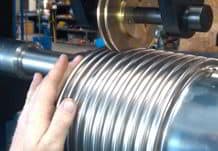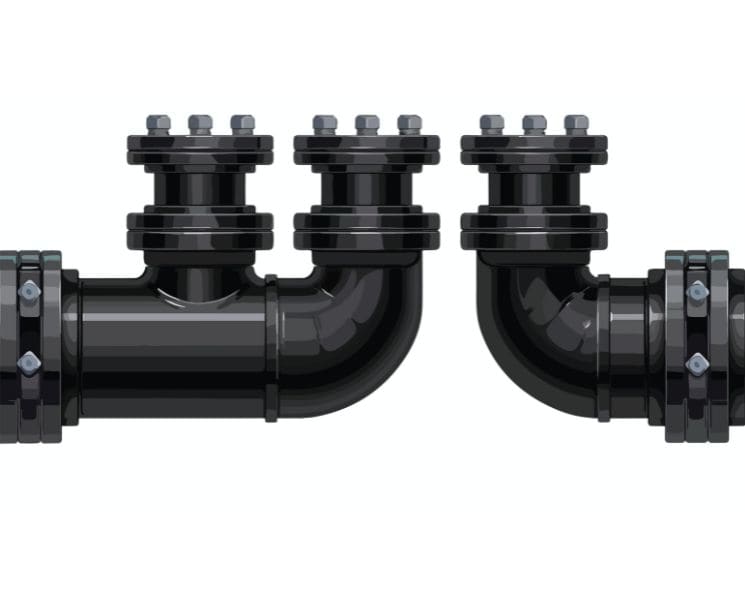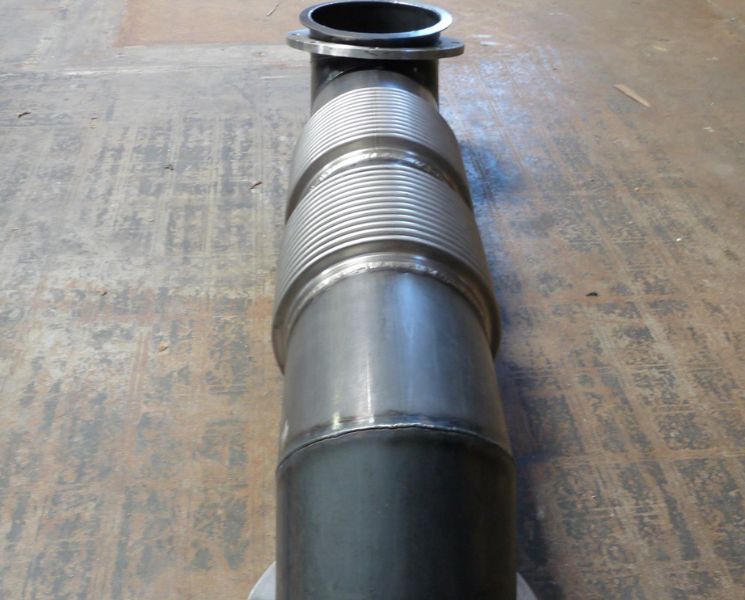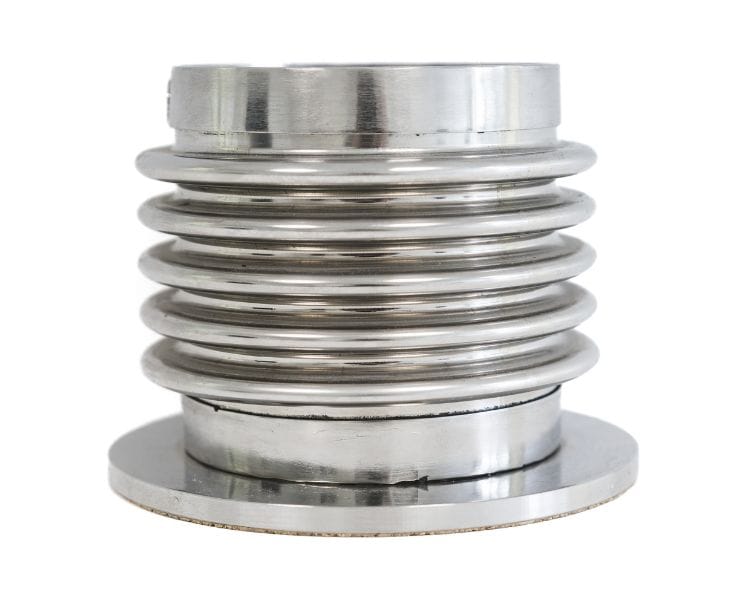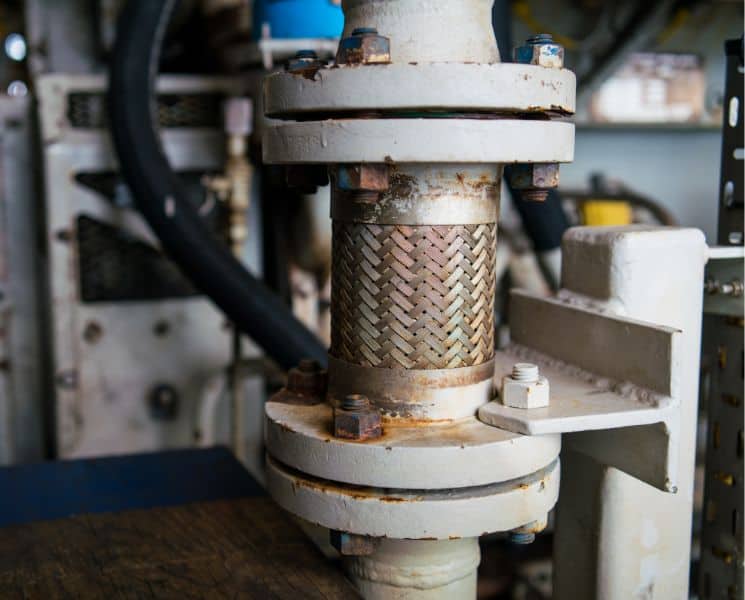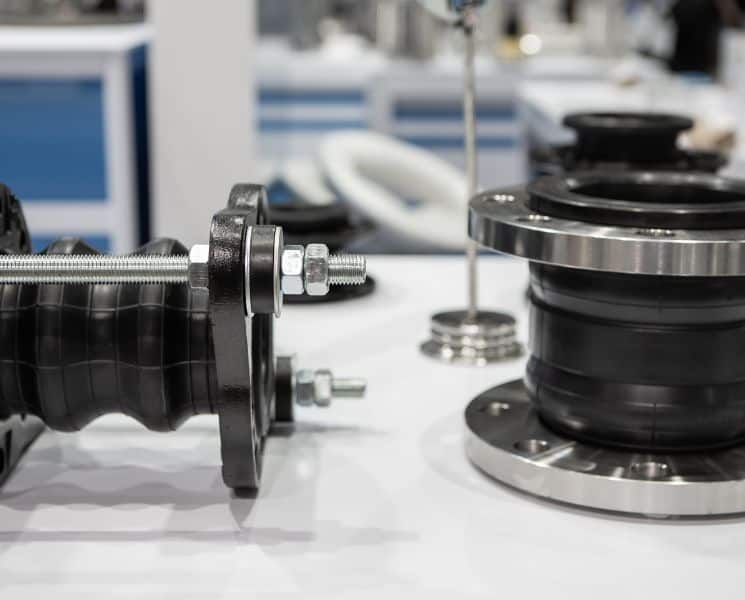While plenty of manufacturing businesses and companies across other industries make use of metal bellows in their machinery, not everyone understands what they are or how they work. These vital pieces of equipment are essential to many operations, and learning a bit more about them can help you increase the efficiency of operations in your business. Read on to learn the answers to your most frequently asked questions about metal bellows.
Question: What are bellows used for?
Answer: The many uses of bellows in your business will depend largely on the industry you operate in. However, bellows can be used in many applications, from manufacturing, to construction, to automotive parts, and many more. The size, shape, and material of the bellows will ultimately determine its function, but there are bellows that exist of many shapes and sizes to be used in a variety of industries.
Question: What can bellows be made of?
Answer: While there are many bellows that exist, those used in industrial and commercial applications are almost always constructed of metal. The type of metal specifically will depend on the conditions the equipment needs to withstand. While some metal alloys are used more frequently than others, the answer to the question, “What can bellows be made of?” is virtually any material necessary to accomplish the goal.
Question: How do I choose the right bellows?
Answer: Finding the right design for your metal bellows will depend on what you require from the equipment. If you’re looking for standard bellows, you’ll want to consider the piece’s shape, material, strength, durability, flexibility, and most importantly, whether it’s replacing existing bellows or not. However, standard bellows might not always work in every application, and in these situations, you’ll want to search for custom bellows. A custom bellows design requires focus on twelve vital attributes: stress modes, flexing, pressure differential, rigid stops, spring rate, life cycles, temperature extremes, exposure, assembly method, vibration, end configuration, and geometric constraints. Considering all of these aspects and working directly with a designer can help you end up with the best bellows for your needs.
If you still have more questions on metal bellows, want to learn more, or are looking to find custom bellows for your own industrial needs, contact Triad Bellows today.

